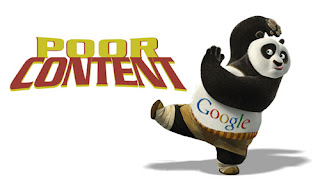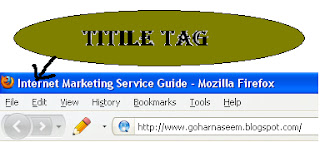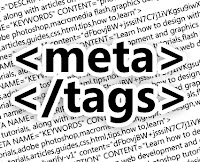For SEOs, there were better times - times in which they could help shape the search engine results almost at will. However, this was heavily modified by the increasing personalization of search results. But thanks to HTML5 could soon offer a new field for SEO - the optimization of rich snippets.
The rich snippets are now not new or even a feature of HTML5 . They were already introduced by Google in May 2009. They complement the traditional text snippets of information on the site for more information about people or products. This could be for example a profile picture of the webmaster and also an image to a product on the website of a company. The goal is clear: The seeker should receive before you click on a search result as much information to search results to find the desired result as quickly and easily as possible.
But there are always problems, because who placed multiple photos and a lot of products on the website, could be with the automatic selection of fast search engine crawlers do not even agree. One reason for misinterpretation of actually extracting cash machine made websites, is the proliferation of many different languages for Microdata. The first step to improve this situation, the three major search engines Google, Yahoo and Bing have already done. Under schema.org can inform webmaster of a common language for Microdata to which they have agreed.
Brings new HTML5 Microdata attributes that allow individual Rich Snippets
Second condition for a fruitful combination between HTML and the common language for Microdata is the implementation of new global attributes in HTML5. To tell the crawlers of search engines as precisely as possible what data are important for the description of a site, additional information is needed. Bars should be the following attributes:
Item Scope : specifies the category of information
Item Type : defines the type, are possible description, image, name or URL
Item prop : shows the crawler what information should be prioritized
Item Id : is an information a unique identifier (ID)
Item Ref : adds information that lies outside the selected scope
Item Type : defines the type, are possible description, image, name or URL
Item prop : shows the crawler what information should be prioritized
Item Id : is an information a unique identifier (ID)
Item Ref : adds information that lies outside the selected scope
So then could the HTML5 code for a rich snippet look (Image: SitePoint).
As the use of these new attributes for rich snippets then might look like in practice, is shown in a memorable article by SitePoint.
For SEOs could optimize the rich snippets about the HTML5 attributes soon become a new task can be used to websites much more meaningful place in the search results. For the seeker the rich snippets are certainly a meaningful improvement, one can assess with them much better a site's content.
The Google Webmaster Tools provide information on Rich Snippets
Computer graphics that has a large amount of information 'rich snippets' semantic tags to insert into your web pages to get more visibility in Google search results ...
So here is a new proposed sites SEOmoz and BlueGlass and offers lots of information on the " rich snippets "or semantic tags to obtain visibility in the Google SERP through the display of additional data (photo, lists, stars, notices, etc..) for certain types of pages (recipes, events, companies, people, products, etc.)

Google has added in its Webmaster Tools a topic to monitor how the engine takes into account the semantic tags, rich snippets' in your pages ...
Google announced some days a novelty in its "Webmaster Tools" with a new "Optimization Structured Data" which provides information on how the " rich snippets "or semantic tags Schema.org are implemented in your site.
This allows to verify that Google takes into account your "rich snippets" and possibly fix some problems about them ...
Note that, always about Webmaster Tools, Google is now offering the ability to verify a domain by creating a CNAME Record .



















